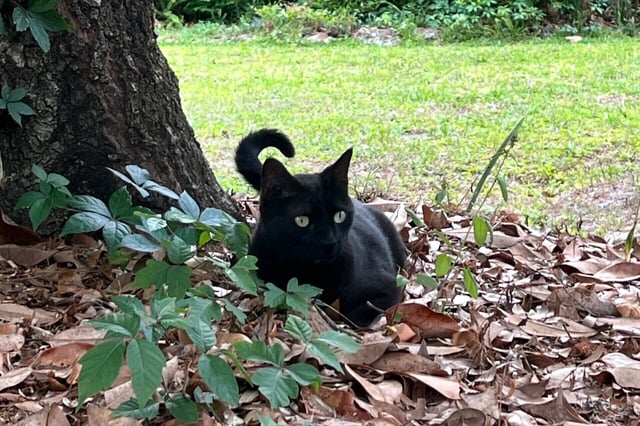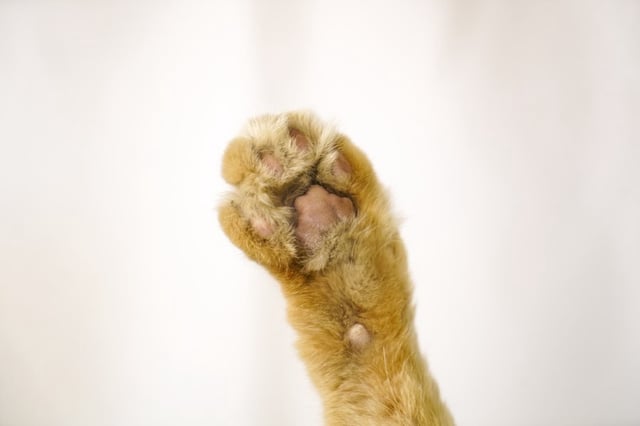Overview
- Pepper captured an Everglades short-tailed shrew that hosted a previously unidentified mammalian orthoreovirus, designated Gainesville shrew mammalian orthoreovirus type 3 strain UF-1.
- The complete viral genome was published this month in Microbiology Letters and Microbiology Resource Announcements.
- Orthoreoviruses infect humans and other mammals, sometimes causing encephalitis, meningitis or gastroenteritis in children; their segmented RNA can reassort within a host cell to create new variants.
- University of Florida researchers will conduct further studies to determine if the new orthoreovirus poses a health threat to humans or domestic animals.
- The opportunistic sampling of wildlife by free-ranging and domestic cats highlights an effective strategy for uncovering hidden viral diversity and strengthening early surveillance efforts.

